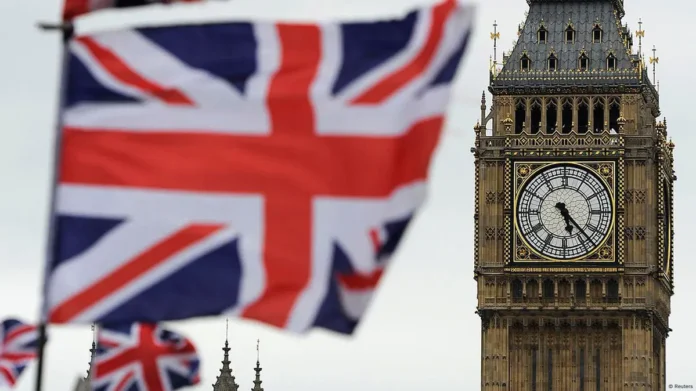The United Kingdom has confirmed that 99% of Nigeria’s exports will continue to enjoy duty-free access through its Developing Countries Trading Scheme (DCTS).
The scheme, introduced to support developing economies, aims to deepen trade ties and drive economic growth in Nigeria.
British officials say the DCTS removes tariffs and simplifies export procedures, helping Nigerian businesses reach the UK market more easily.
The arrangement covers thousands of goods and reduces or eliminates customs duties for eligible products.
Trade Boost for Nigerian Agricultural and Processed Goods
The DCTS, launched in 2023, includes Nigeria and 36 other African countries. It covers over 3,000 products that now enter the UK either duty-free or at lower tariffs.
Key Nigerian exports benefiting from the scheme include cocoa, shrimp, yams, tomatoes, plantains, and cashew nuts. Other goods such as palm oil, sesame seeds, and garments made from cotton also qualify for reduced charges.
British High Commissioner to Nigeria, Dr Richard Montgomery, described the scheme as a long-term partnership built on mutual growth. Speaking about its impact, he said the agreement is more than a trade policy.

“This is about more than access — it’s about building a fairer global trading system that creates jobs and supports sustainable growth,” he stated.
Dr Montgomery also pointed to the UK-Nigeria Enhanced Trade and Investment Partnership (ETIP), which works with Nigeria’s Ministry of Industry, Trade and Investment to resolve export bottlenecks.
The ETIP supports the growth of small and medium-sized enterprises (SMEs), helps businesses meet international standards, and aims to remove restrictions affecting cross-border trade.
Expanding Trade Relations Through Global Partnerships
The DCTS forms part of the UK’s broader strategy to increase global trade with developing nations. Similar trade partnerships have recently been agreed with countries such as India and the United States.
These programs are designed to promote sustainable economic development by reducing trade costs and encouraging investment.
In Nigeria, exporters say the DCTS has made their goods more competitive in the UK market. Many producers in agriculture and manufacturing have welcomed the scheme as a way to expand their business reach and grow foreign exchange earnings.
Officials from both countries have agreed to continue working closely to ensure the full benefits of the scheme are realised.
According to the UK government, Nigeria’s position as Africa’s largest economy makes it a key player in London’s long-term trade agenda.
Enjoyed this story? Rate it, leave a comment💬, and follow us on social media for more. Got a news tip or story to share? Submit it here and earn points toward ₦10,000 rewards!







